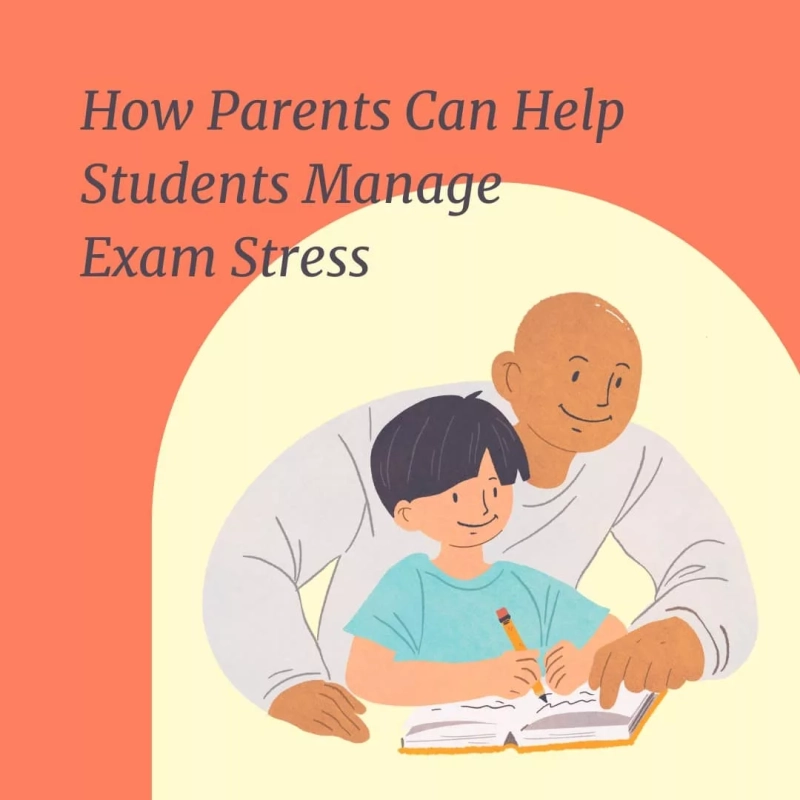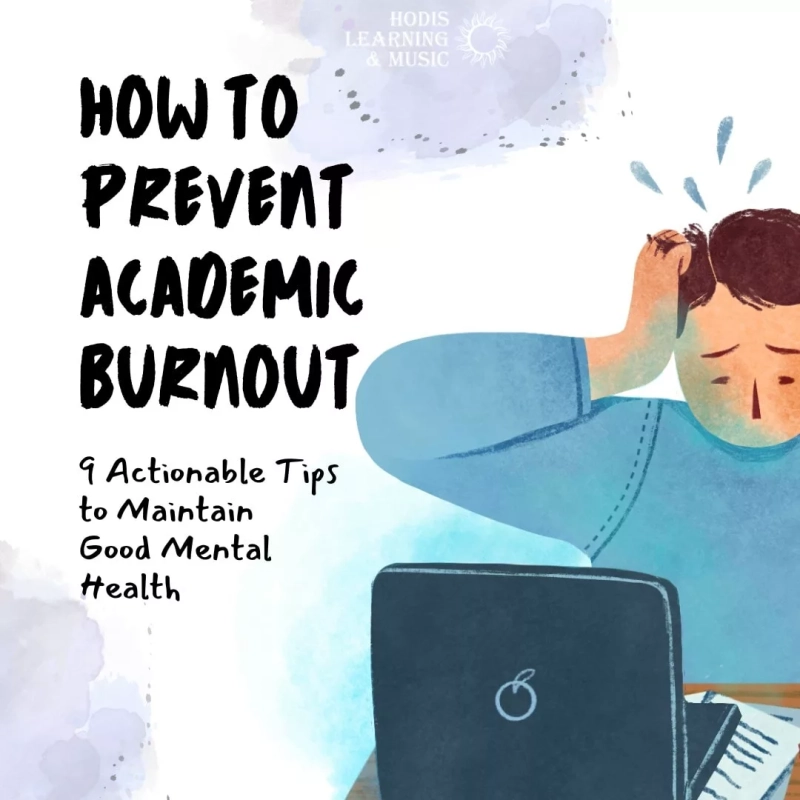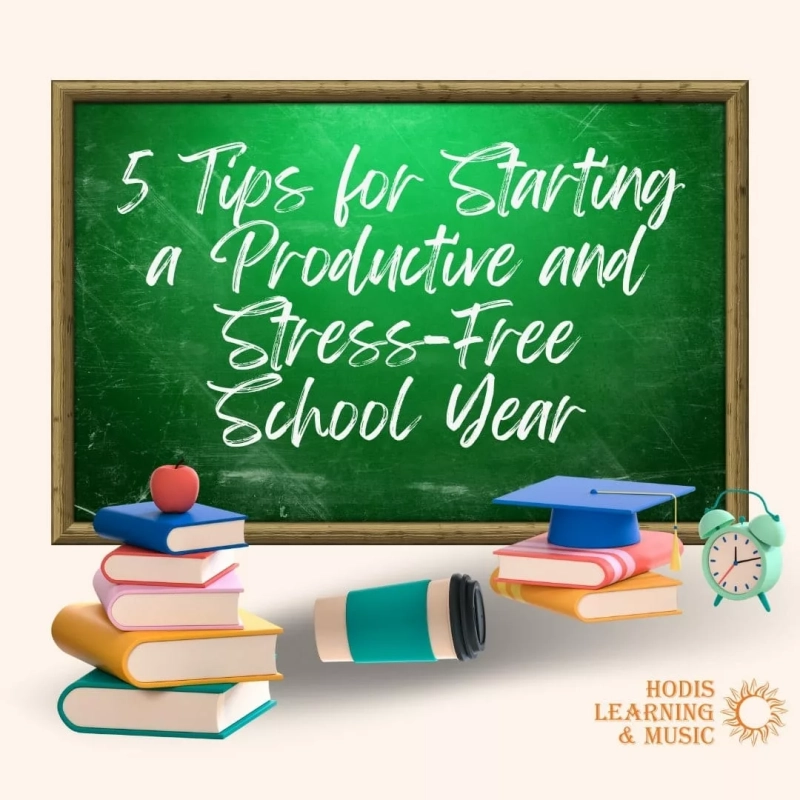Finals week is a stressful time for students, and it can be a challenging time for parents, too. With your child feeling stressed and possibly overwhelmed, it’s natural to feel it with them. While students can implement stress-reduction measures on their own, sometimes they need a little extra guidance at home. We have provided a few steps parents can take to help their students feel less stressed and more in control.
Help Your Student Avoid Distractions
We’ve all been there – when it comes to study time, we can sometimes get caught up in the distractions around us. Help your student create a distraction-free study space, or drive them to the library to study. Another valuable lesson you can teach your student is to turn off their phone and place it in another room while studying.
Make Sure Your Student is Getting Enough Sleep
Getting enough sleep during finals is extremely important. However, many students struggle to cultivate good sleeping habits during this time. Help your student create a sleep schedule and help them stick to it.
Stay on Top of Your Student’s Exam Schedule
No kid likes a “helicopter parent.” But if your student is a little less organized, they may really need your help in keeping track of exams and planning study schedules. Try creating a “team effort” approach where your role is to provide guidance and structure.
Remain Calm
Stress and anxiety are contagious, and it’s normal to feel the pressure along with your student. But perhaps one of the most important things parents can do during this important period is to model calmness. When your student is feeling overwhelmed, your calm support will go a long way.
Reduce Exam Stress With a Tutor
Final exams can put pressure on the entire family. Thankfully, Hodis Learning & Music has expert educators who are here to help. Schedule a session with one of our experienced tutors today!




